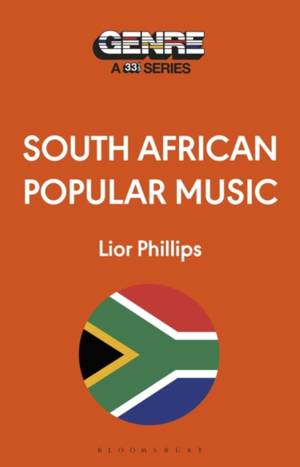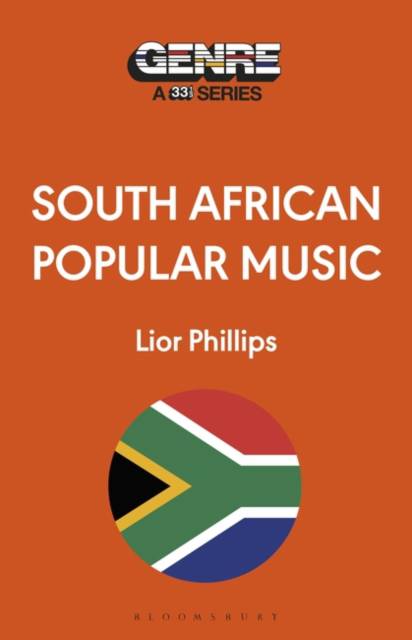
Je cadeautjes zeker op tijd in huis hebben voor de feestdagen? Kom langs in onze winkels en vind het perfecte geschenk!
- Afhalen na 1 uur in een winkel met voorraad
- Gratis thuislevering in België vanaf € 30
- Ruim aanbod met 7 miljoen producten
Je cadeautjes zeker op tijd in huis hebben voor de feestdagen? Kom langs in onze winkels en vind het perfecte geschenk!
- Afhalen na 1 uur in een winkel met voorraad
- Gratis thuislevering in België vanaf € 30
- Ruim aanbod met 7 miljoen producten
Zoeken
Omschrijving
From the storied ache of mbube harmonies of the '40s to the electronic boom of kwaito and the amapiano and house explosion of the '00s, this book explores vignettes taken from across South Africa's popular music history. There are moments in time where music can be a mighty weapon in the fight for freedom. Disguised in a danceable hook or shouted for the world to hear, artists have used songs to deliver important truths and bring listeners together in the face of a segregated reality. In the grip of the brutal apartheid era, South Africa crafted its own idiosyncratic popular musical vernacular that operated both as sociopolitical tool and realm of escape. In a country with 11 official languages, music had the power to unite South Africans in protest. Artists bloomed a new idyll from the branches of countless storied musical traditions, and in turn found themselves banned or exiled-the profound epiphany that music can exist both within the pleasure of itself and for serving a far greater purpose.
Specificaties
Betrokkenen
- Auteur(s):
- Uitgeverij:
Inhoud
- Aantal bladzijden:
- 192
- Taal:
- Engels
- Reeks:
Eigenschappen
- Productcode (EAN):
- 9781501383427
- Verschijningsdatum:
- 4/05/2023
- Uitvoering:
- Paperback
- Formaat:
- Trade paperback (VS)
- Afmetingen:
- 132 mm x 198 mm
- Gewicht:
- 104 g

Alleen bij Standaard Boekhandel
+ 51 punten op je klantenkaart van Standaard Boekhandel
Beoordelingen
We publiceren alleen reviews die voldoen aan de voorwaarden voor reviews. Bekijk onze voorwaarden voor reviews.









